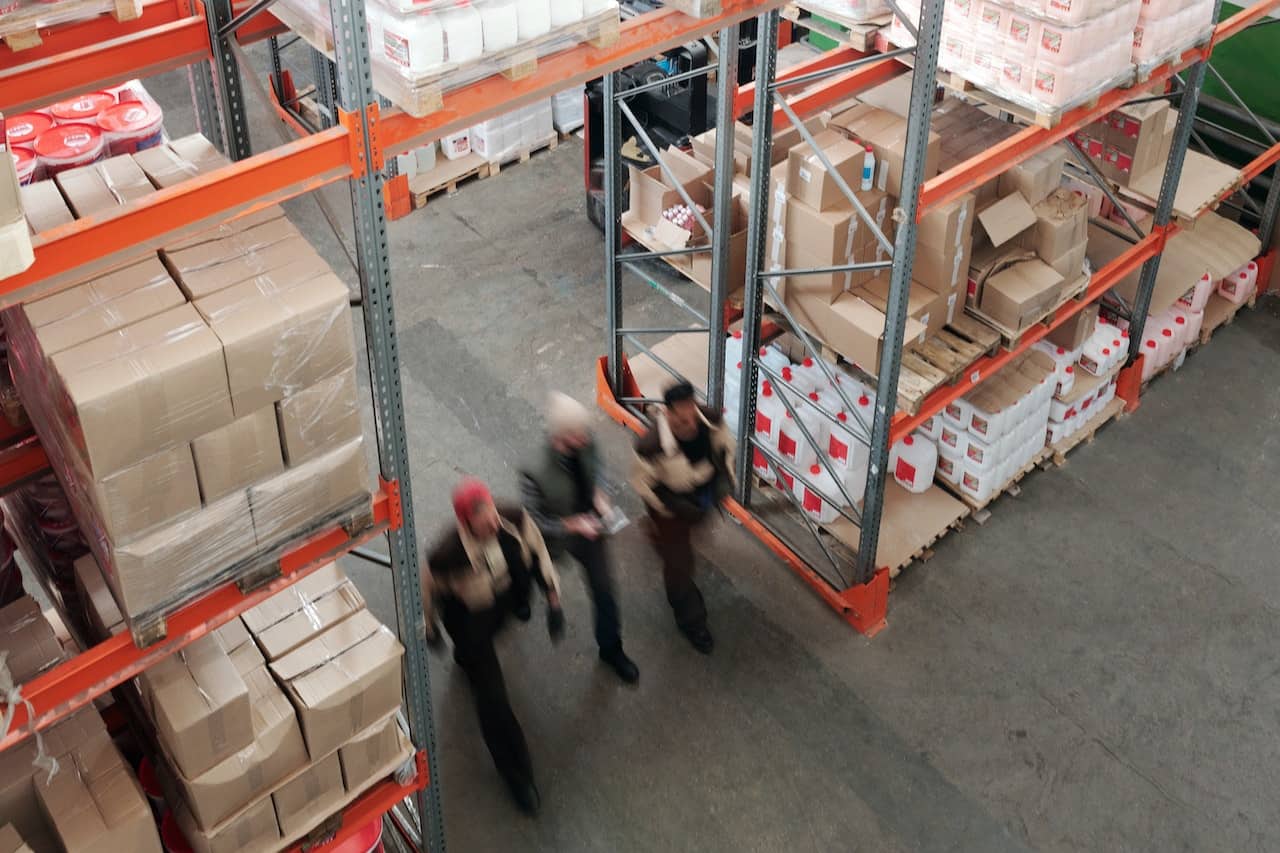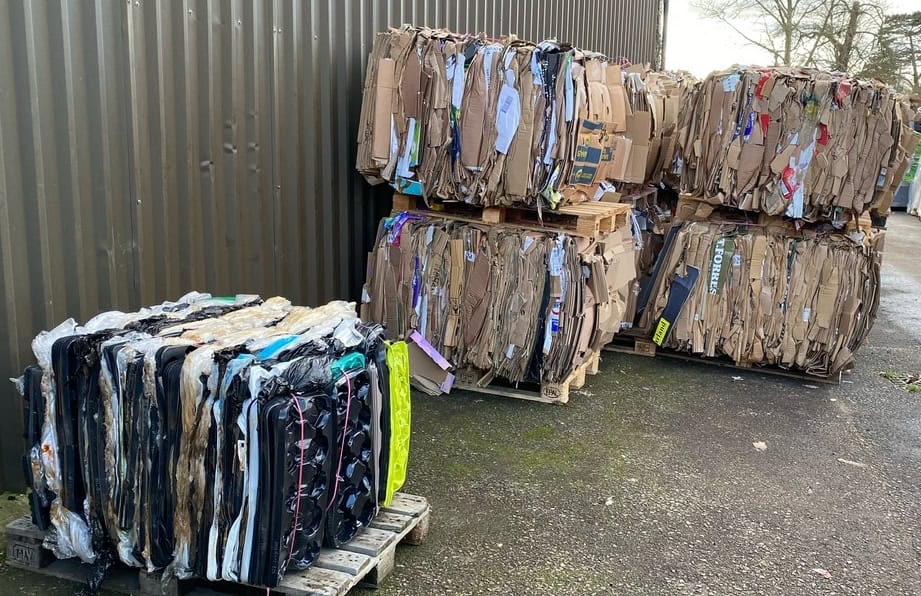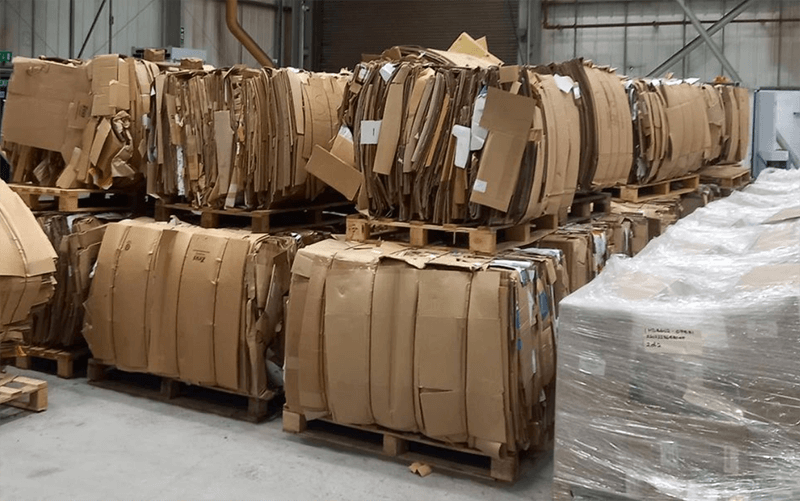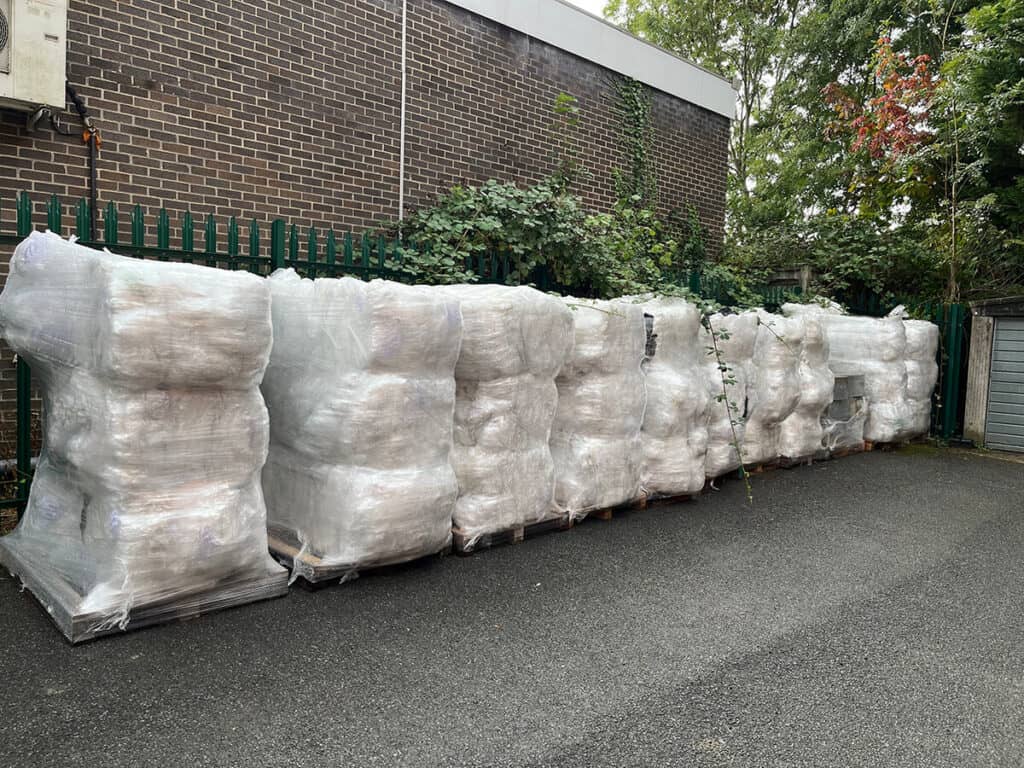If you’re in business today, you’re part of a global network of commerce that’s moving the world forward. And as we stride into the future, it’s vital that we consider the environment we share.
That means addressing the issue of greenhouse gases. Businesses large and small contribute to this global problem, but they can also be part of the solution.
Let’s take a journey into five ways you can help reduce greenhouse gases in your business.
5 Ways To Reduce Greenhouse Gas Emissions In Your Business
1. Energy Efficiency: The High-Powered Strategy
Take a look around your workspace. Are lights blazing in rooms with no one in them? Is the AC on full blast when half the office is wearing sweaters? Energy wastage is a silent culprit, and it’s one that can significantly contribute to your carbon footprint.
So, how can you combat this? For starters, shift to energy-efficient appliances. LED light bulbs, for instance, use 75% less energy and last 25 times longer than incandescent lighting. Smart thermostats can regulate heating and cooling efficiently, slashing unnecessary power usage.
Moreover, implementing energy management systems can give you a detailed insight into your energy consumption patterns, enabling you to optimise usage and reduce waste.
Remember, when you reduce energy usage, you’re not just cutting down on emissions but also on your electricity bill!

2. Sustainable Procurement: Buying Into a Greener Future
The products and services your business relies on have their own carbon footprints. As a business owner, you have the power to decide whether those footprints are heavy or light.
Opt for suppliers who practise sustainable production methods. Consider the full life cycle of the products you buy, from raw material extraction to end-of-life disposal. Make sure they’re eco-friendly at every stage.
This might mean choosing vendors who utilise renewable energy, or who source their materials sustainably. And don’t forget – those who recycle!
3. Recycling and Waste Management: Trash Into Treasure
Speaking of recycling, this is where businesses like ours, Plastic Expert, come in.
Businesses produce a considerable amount of waste, much of which is recyclable. Sadly, a lot of it ends up in landfills, contributing to harmful greenhouse gases.
To change this, set up a comprehensive recycling program. This includes educating employees about recycling protocols, clearly labelling recycling bins, and working with a reputable recycling company. At Plastic Expert, we recycle plastic waste, preventing it from entering landfills or the oceans, and dramatically reducing the associated greenhouse gas emissions.
Remember, by converting your waste into reusable materials, you’re not just helping the planet but also potentially opening up a new revenue stream.
4. Telecommuting: The Less Travel, The Better
Daily commutes add to your business’s carbon footprint. Encourage telecommuting or working from home where possible. With today’s technology, many tasks can be done remotely without loss of productivity.
Not every role will fit into this model, but for those that do, it can lead to significant emissions reductions. Plus, many employees appreciate the flexibility, which can boost morale and retention.
5. Carbon Offsetting: A Balanced Approach
Finally, let’s discuss carbon offsetting. Even with the best intentions, some level of greenhouse gas emission might be unavoidable in your business. But you can neutralise this by investing in environmental projects that reduce emissions elsewhere, like reforestation or renewable energy initiatives.
In essence, the emissions you can’t eliminate, you offset. By doing this, you’re actively contributing to a greener world, beyond just your business operations.
Reduce Your Businesses Carbon Footprint
Reducing greenhouse gases in your business is an achievable goal, and one that comes with benefits beyond the environment. It helps you save money, improve supplier relationships, foster a positive work culture, and enhance your brand reputation. So, take the leap today towards a greener and more sustainable business future.








